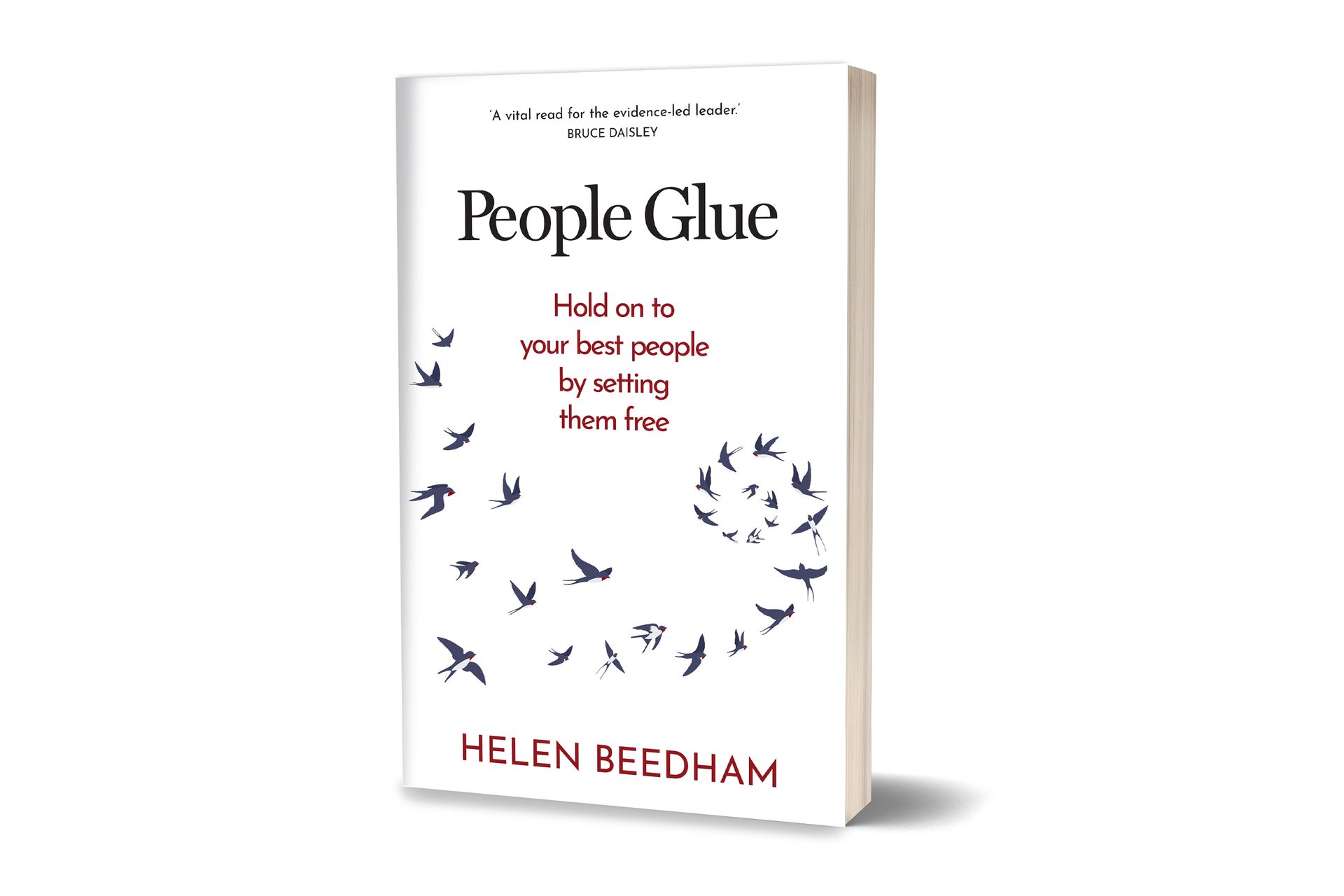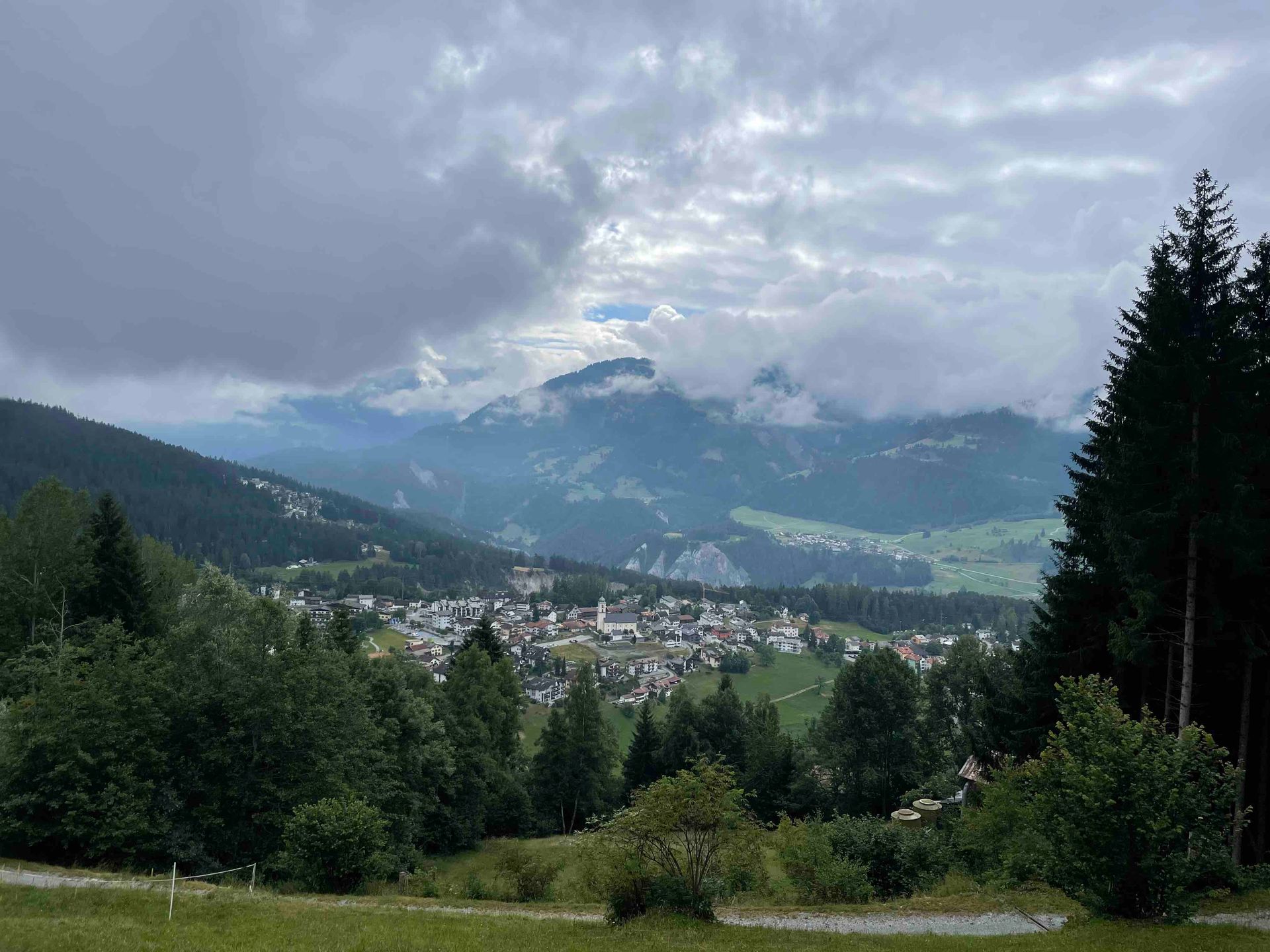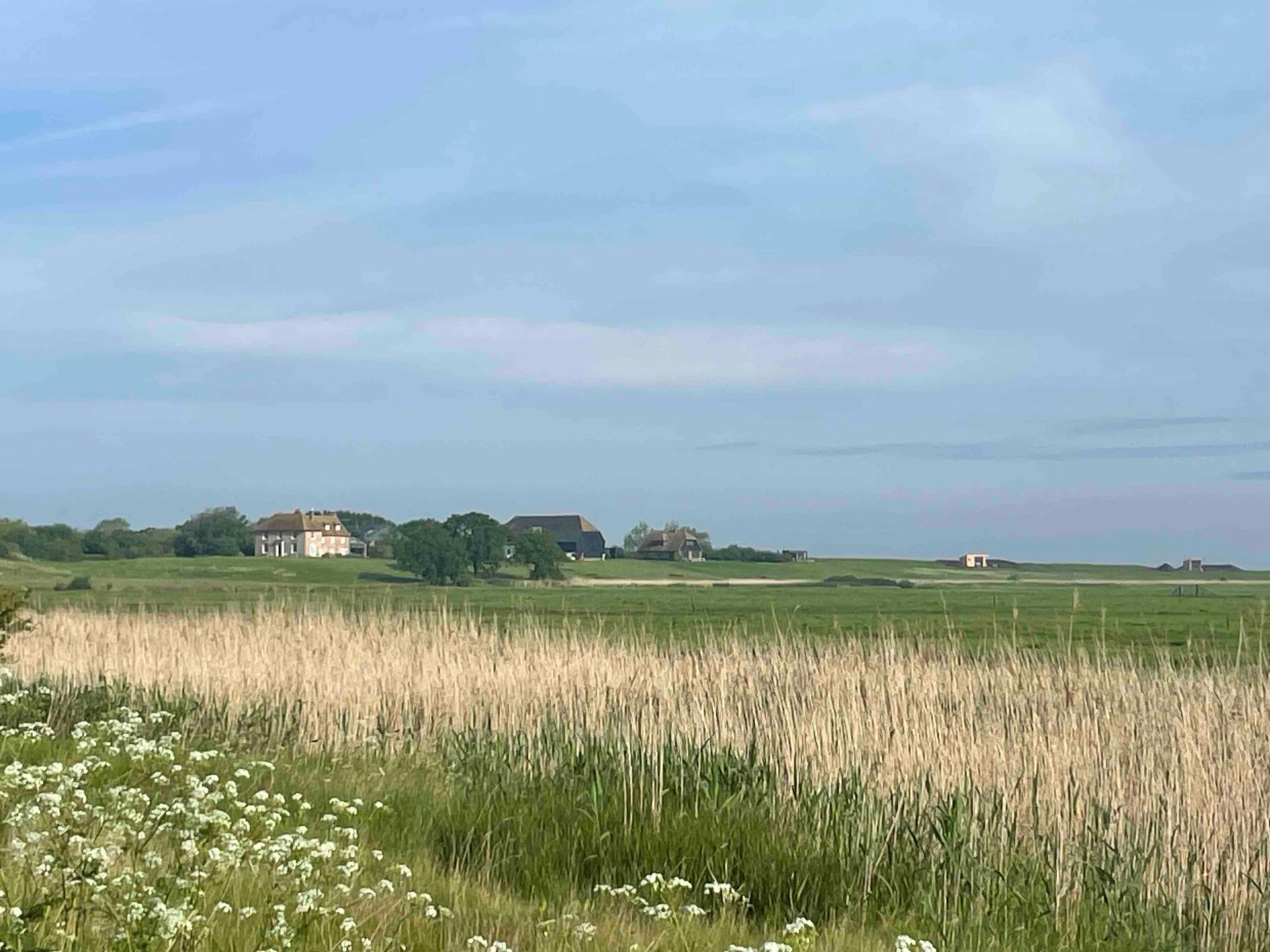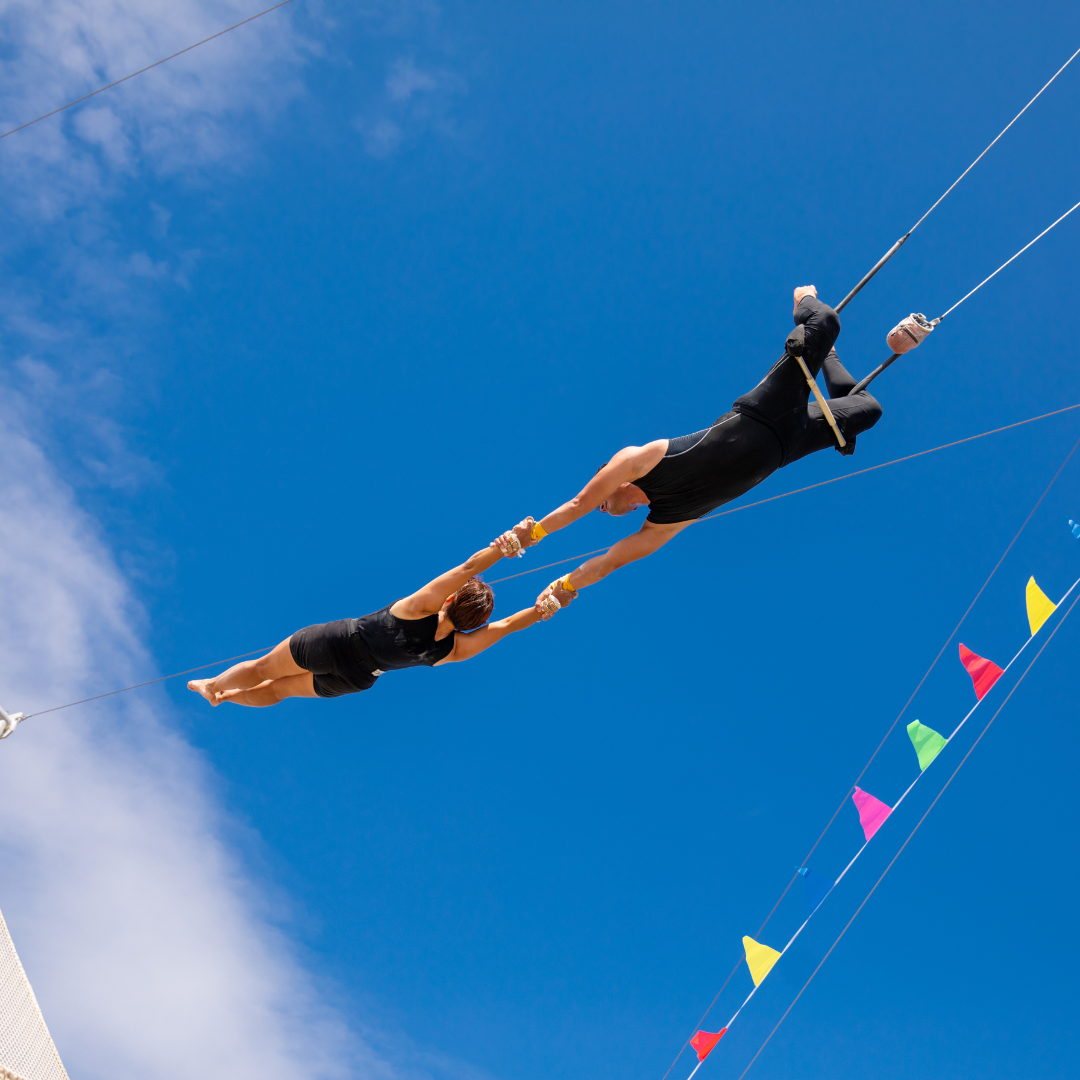Not working
Time off from what?
Well, work obviously, and what I perceive to be my roles in everyday life down on the ground. Author, adviser, colleague and collaborator, Mum to a nearly-teen, Chief Domestic Organiser and Head of Pet Care.
The questions I’ve been pondering whilst Down Under are: What is ‘working’ to me? What is ‘not working’? And what falls into the grey space between the two? These prompts were inspired by a book that caught my eye at the fabulous Woollahra library in Sydney’s eastern suburbs (yes I visit libraries on holiday, I’m slightly obsessed with them). Woollahra Library is a wonderful example of an enticing space that caters imaginatively for all ages and interests; there’s greenery everywhere, tons of natural light, thoughtfully designed workspaces and reading nooks and even, built into the wide curving staircase, a tunnel slide that pops you out into the children’s section. I was gutted you had to be under 5 to use it.

The book I spotted was How to not always be working, by Marlee Grace. I found it a tad alternative at times but its invitation to answer these 3 questions about work, not-work and the grey area in between was compelling, partly because I’m curious to research more about the growing ‘anti-work’ movement and partly because whilst I love the work I do, I feel lately I’ve forgotten how to ‘not work’ well.
I’m not alone, I know: the amount of time knowledge workers spend working has increased in recent years, eating into our evenings, weekends and holiday time thanks to smartphones, instant messaging, ‘free’ videocalls and the merging of home and work spaces. Even when we’re unplugged from our devices, our home lives are more likely to resemble a second shift than leisure – we parent more intensively than previous generations, our ageing population means we’re more likely to be looking after an older family member, and when we find ourselves with some downtime, we can often feel like rabbits caught in the headlights, transfixed with indecision about how best to spend it. It's easier to reach for our phones or the next chore waiting for our attention than to figure out how to properly get off our hamster wheels of busyness.
So, ensconced in a cosy corner, I drew a Venn diagram of 2 overlapping circles, one labelled ‘working’, the other ‘not working’ with the ‘grey area’ in between. Under ‘working’, I listed all the activities I spent my time on that for me constituted work tasks. In the professional sphere, this included things like: calls and meetings; running workshops; producing my podcast; updating my website; creating fliers about my services; invoicing and maintaining financial records. I then added work tasks from the domestic sphere such as: running errands; planning and cooking family meals; doing home and life admin; organising birthdays, festivals and holidays; and sorting out personal technology.
Under the ‘grey area’, I listed the things that I spent time on that might look ike work but that also feel particularly creative, enjoyable or restorative in some way. To quote Marie Kondo, they spark joy. For me, these are learning activities like reading business books and research; listening to work podcasts; networking; supporting my daughter in her social life and development; investing in community building; fulfilling a couple of voluntary roles; and some (limited) social media activity.
The third question I found the hardest to answer: what is ‘not working’ to me? The ‘to me’ bit is important – it’s all highly subjective and my answers could look totally different to someone else’s. My ‘not working’ list had some things that were about not doing certain things – not multi-tasking, not being online, not being in a routine, not being surrounded by visual reminders of outstanding work, not being available to others – and some positively-worded things like savouring a pot of green tea in peace; sea swimming; having micro-adventures; hosting friends and family; making life plans; and my daily runs.
The more I thought about this final question, the more I appreciated the pleasure and fulfilment I gain from the things I listed. It was a welcome reminder of the breadth of ways in which I can lean into ‘not working’ and satisfy my creative, social, intellectual and wellbeing appetites.
Sometimes this act of reflecting and making lists is a fulfilling activity on its own. This time I wanted it to nudge a change in routine and behaviour, to spark a slightly different partnering between work and non-work following my Australia trip, to just tip the balance a little more in favour of ‘not working’ and to make richer use of my leisure time.
So I’ve looked at my typical week and thought about how to demarcate my ‘non-working’ windows of time more clearly. I’m literally marking the boundaries out again like those snaking, dusty lines that I spied far beneath me. I’m also keeping my lists close to hand so when I’m next caught rabbit-like in an agony of indecision about how to use some precious downtime, I’ll look back at my ‘not working’ list to remind me of all the glorious, enticing possibilites I can pick from.
What do ‘working’ and ‘not working’ look like for you? What falls into your grey area? If you’re not sure how to answer these, then next time you’re in a little time-space bubble of your own, have a think and a scribble. I’d love to hear what emerges for you. In the meantime, I’ll be revelling in the next 21 hours that stretch out ahead of me and watching the world slide by.
Enjoyed reading this? Share it with others
Recent blogs









